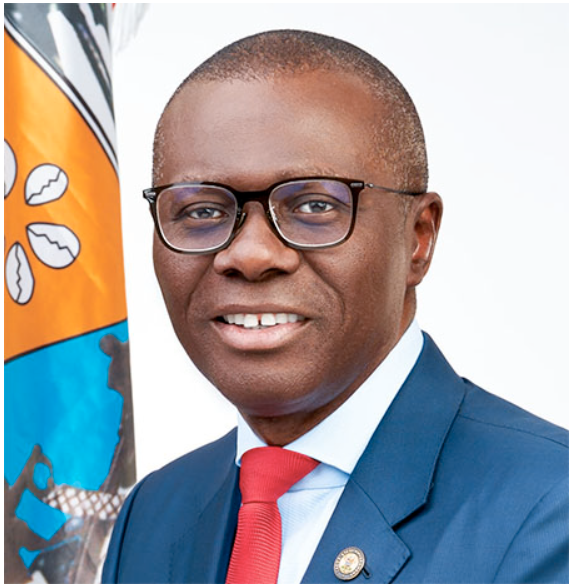As global economic challenges reshape trade dynamics, Lagos State Governor Babajide Sanwo-Olu is urging Africa’s private sector to take the lead in driving the African Continental Free Trade Area (AfCFTA) vision. The governor made this call during a high-level dialogue held in Lagos, emphasising that the success of AfCFTA depends on private-sector collaboration, innovation, and cross-border partnerships.
Africa’s Trade Ambition
The AfCFTA, which officially began implementation in 2021, seeks to connect 1.4 billion people across 54 countries into a single market valued at over $3 trillion. However, progress has been gradual due to weak infrastructure, inconsistent regulations, and low intra-African trade.
Sanwo-Olu stressed that unlocking AfCFTA’s potential requires pragmatic leadership from the business community, not just policymakers. “Africa’s future lies in how our entrepreneurs respond to opportunities within our borders,” he noted.
Nigeria’s Push for Regional Integration
Nigeria, Africa’s largest economy, has been actively repositioning its industries to benefit from the trade pact. Lagos the country’s commercial hub, plays a pivotal role, housing over 60% of Nigeria’s industrial base and serving as a gateway to West African markets.
Sanwo-Olu highlighted Lagos’ ongoing infrastructure drive including port expansion, road connectivity, and digital innovation as key pillars to support regional commerce.
Private Sector as the Engine of Growth
The governor’s remarks echoed sentiments across Africa’s business community, where leaders are increasingly recognising the need to build sustainable value chains. Organisations such as the Lagos Chamber of Commerce, the African Business Council, and the Manufacturers Association of Nigeria have pledged to deepen cooperation to ensure AfCFTA’s success.
Experts believe that if effectively implemented, the trade pact could increase intra-African trade by 52% and lift 30 million people out of poverty by 2035.
Economic Implications
Sanwo-Olu’s appeal comes at a time when global supply chains remain fragile due to inflation, climate risks, and geopolitical tension. For Africa, a unified trade market presents a path toward resilience one powered by homegrown industries, local manufacturing, and technology-enabled logistics.
As the continent navigates global economic shifts, Sanwo-Olu’s message stands as a rallying cry for Africa’s business elite to collaborate, invest, and innovate. The AfCFTA represents more than a trade deal it is a defining opportunity for African nations to rewrite their economic story from dependency to self-driven growth.

